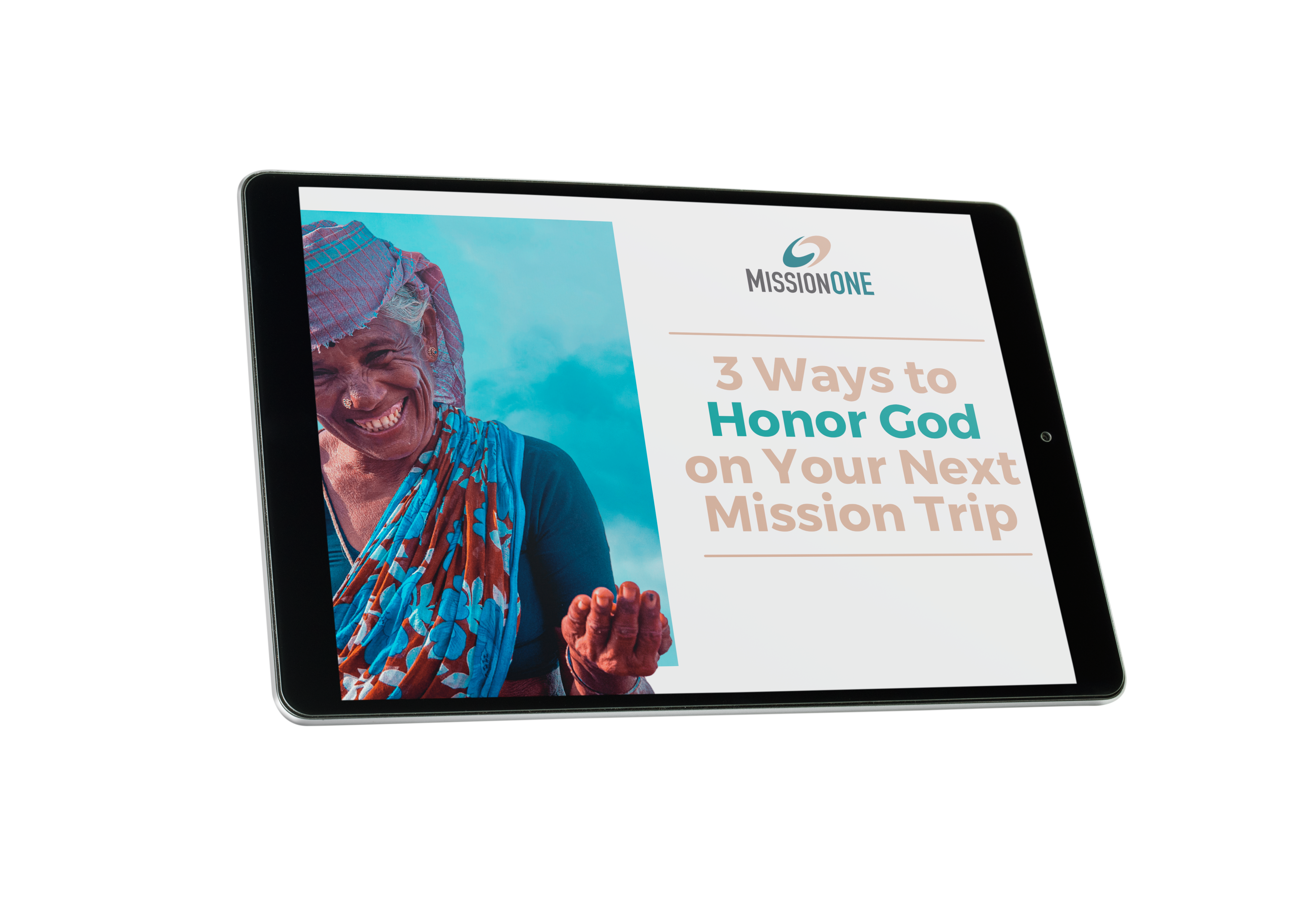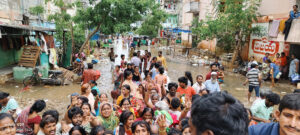What happens to a community in poverty when disaster strikes?
We often think of poverty as a combination of a few passive forces that hold back a community’s ability to be more like the Kingdom of God and pursue human flourishing. It can be experiencing hunger and a lack of job opportunities, basic education, clean water and sanitation, and healthcare just to name a few facets.
But then there are also the strikes of lightning in life: disasters that disrupt normalcy by uprooting entire communities because of conflict or natural disasters like earthquakes and floods. For families experiencing extreme poverty, such as the Chepang indigenous community in Nepal, one disaster can set back years of progress out of poverty.
In March 2020, the entire world flipped upside down due to the COVID-19 pandemic. For the Chepang, a pandemic would be just another obstacle they had to overcome.
No Stranger to Hardship
Up until that point, the Chepang – also known as the Cave People for the shelters they carved in hillsides – had been persistently and intentionally trying to create a new future for themselves. As part of the lowest caste in Nepal – a social structure that still predetermines the opportunities available to members of society – the Chepang had never had stable housing and were no stranger to hunger, sickness, and death.
As early as 2008, the pastor of a nearby village began ministering to the Chepang people and had worked together with the community to build huts and rough structures for the 175 families to move into more stable housing. In fact, the community had begun to develop the village and create opportunities to trade and work with other communities.
Still, despite the progress made, the Chepang continued to weather hardships as new disasters struck. In 2019, a flood wiped out their village, leaving them without homes and putting them back in square one. Flooding in Nepal is common; heavy floods in July 2020 were estimated to displace nearly four million people across neighboring India. But even when expected, disasters are no less challenging to navigate. Floods don’t only wash away homes: they leave behind waterborne illnesses like cholera. They cause food shortages. Perhaps equally devastatingly, they sap hope and vision from struggling families and children.
After the flood, the Chepang fled to a nearby jungle and tried to make a living off the land. But in Nepal, the jungle is wild, thick, and full of dangerous animals. When COVID-19 hit the country, just about any possible support for the Chepang people dissolved. They were in dire straits.
2020: Building Towards Recovery
Despite shock after shock faced by the Chepang, the pastor didn’t give up. COVID-19 had upended all our lives, but Mission ONE partners in Nepal were able to mobilize quickly to meet the Cave People’s urgent needs. The logistics proved no easy feat, given the strict lockdown the government imposed on Nepal in the early stages of the pandemic. But by early summer 2020, local Mission ONE Partners in Nepal providing food and sanitary supplies.
Since then, Mission ONE has brought in key partnerships including the Nepali government to assist in building homes for the Chepang and even constructing two new churches they are even thinking towards the future and starting their own microeconomy to breed goats, growing their own food, and beginning to see the fruits of their labor be multiplied as they work together.
The best humanitarian projects are focused on the end goal, not parachuting in for a short-term relief project only to leave before the work is done and communities slip back into poverty. But more than that – Mission ONE creates projects alongside a community to create long-term local sustainability so that the community itself owns its growth. Even despite the hardships that the Chepang has faced, together, we are building back better.
This quarter, we are featuring the Cave People in an in-depth series exploring Mission ONE’s impact in Nepal through local partners. Learn more about other Mission ONE projects here.
Search the Blog
Free Resource

3 Ways to Honor God on Your Next Mission Trip
We're sharing three things you should consider before you organize or participate in an international mission trip, seek to do work in the multicultural neighborhood in your own city, or embark on any cross-cultural partnership.

